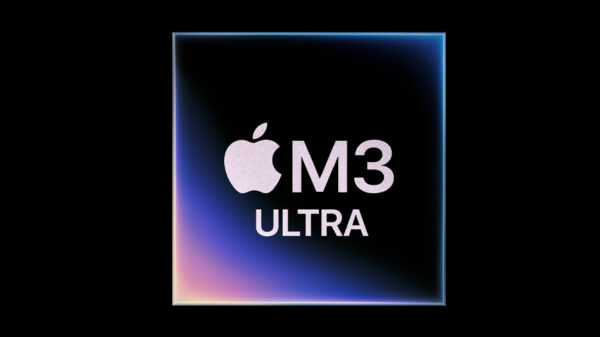When transporting persons or goods for remuneration, you may wish to learn more about the importance of an MC number.
Businesses often wonder whether they need an MC number because of the many rules and regulations that apply in terms of operating permission, which can be perplexing. The MC number should not be confused with a USDOT number or any other sort of permission, because they are two completely separate things.
However, in order to properly comprehend the requirements, we must also know the numerous sorts of operators that require an MC number.
What is the MC number?
One way to get an FMSCA MC number is to go to an FMSCA operational authority and request a “FF” or “MX” number from them. When it comes to operating in the United States, the operator is required by federal law to have this number.
USDOT numbers, by contrast, cover the operator in the same manner as MC numbers do. USDOT numbers can be used in any state or country, although it may be necessary to secure multiple MC numbers from different jurisdictions.
If a company transports individuals across state lines for a fee, it is required to get an MC number. For companies that carry regulated items in the same manner for the purpose of commerce or compensation, this number is also required. If you’re wondering, yes, both private and “for hire” carriers are required to have an MC number in order to transport passengers or goods. In addition, if a carrier operates in a federally defined commercial zone, they must get an MC number.
Is Your Company Required to Have an MC Number?
Is this a “contract” company? As a “for hire” enterprise, you will need an MC number to carry persons or goods for payment. Interstate operating authority is required if you want to transport people or goods across state or national borders.
If your organization falls into one of the two categories above, chances are you’ll need an MC number.
If you only transport goods and persons within a single state, you may be eligible for Intrastate operating authority then these companies require a USDOT number.
Is there anyone who doesn’t require one?
Some carriers are exempt from the mc number requirement. They’re as follows:
- When we talk about “intrastate carriers,” we’re talking about companies that only conduct commerce, traffic, or transportation within the state where their headquarters is based.
- Carriers who transport their own freight are known as private carriers.
- The term “exempt commodities” refers to cargo that is not subject to federal regulation.
- Federally designated “commercial zones” that are exempt from interstate authority regulations. In a commercial zone, for example, a large metropolis is surrounded by a number of states.
How to Obtain an MC Number?
If you’re already familiar with the process, obtaining an MC number can be a simple matter. Pay attention to the instructions in this area, as I’ll explain how to obtain your MC number.
The MC number can take anywhere from three to four weeks to arrive. Starting a trucking company is the perfect moment to begin the process of applying for an MC number. Your MC number won’t be active the moment you submit your application to the FMCSA. Things are going to take some time.
Once you’ve finished sorting BOC-3, you’ll have 15 to 20 days to do so. At the same time, you’ll want to get a solid policy for your trucks or motor vehicles. With uninsured automobiles, you can’t run a business. To acquire the best rate, it is recommended to compare various policy options. To get your MC number, you must file for HVUT.
In order to distinguish yourself from other trucking businesses, you must acquire a unique MC number for your company. There is no use in investing money in a trucking firm if you are unwilling to register and obtain a driver’s license.
You should now know that an MC number is typically required by organizations that carry persons or goods. Avoiding avoidable delays and issues on the road ahead by applying for operating authority as soon as possible is a good idea.














































































































